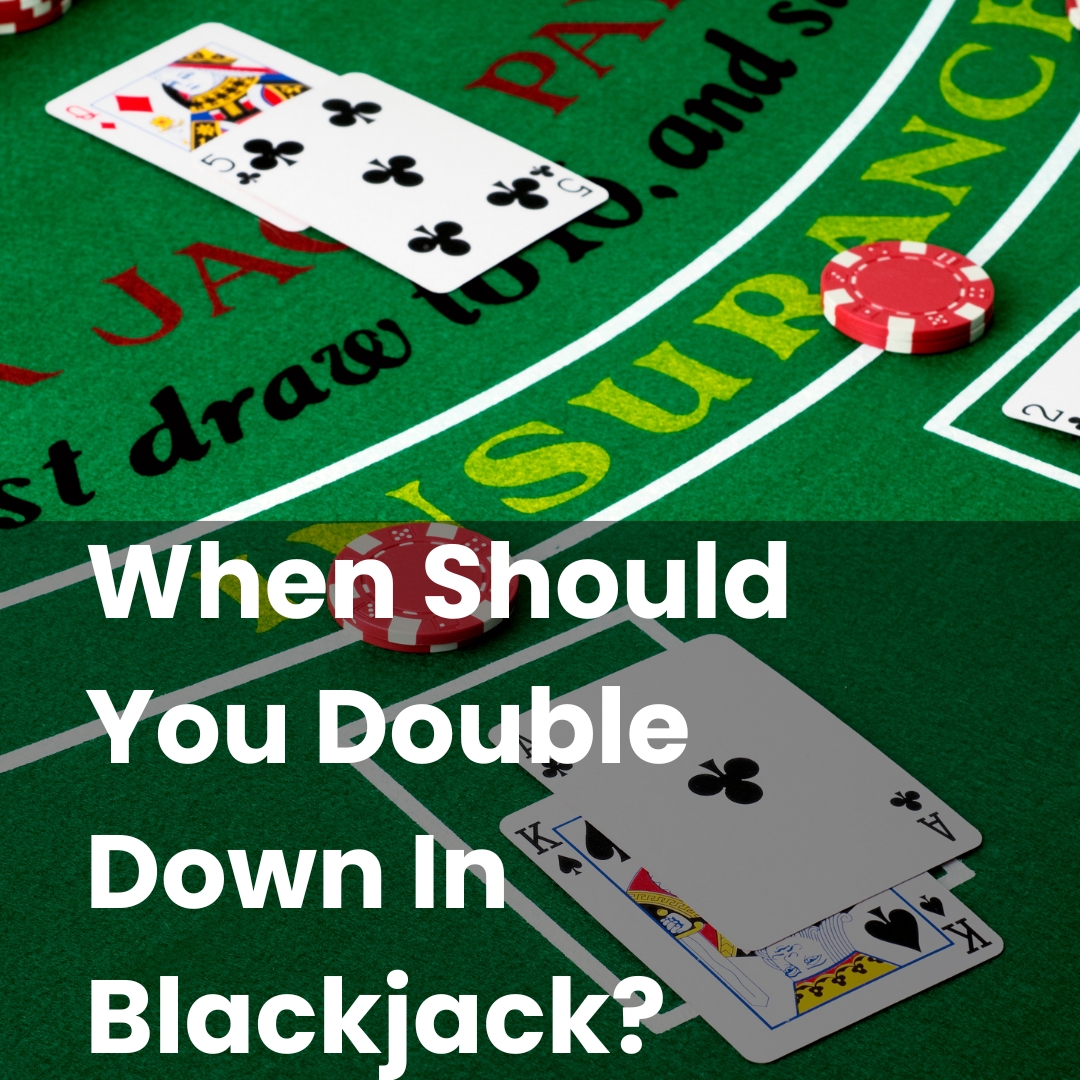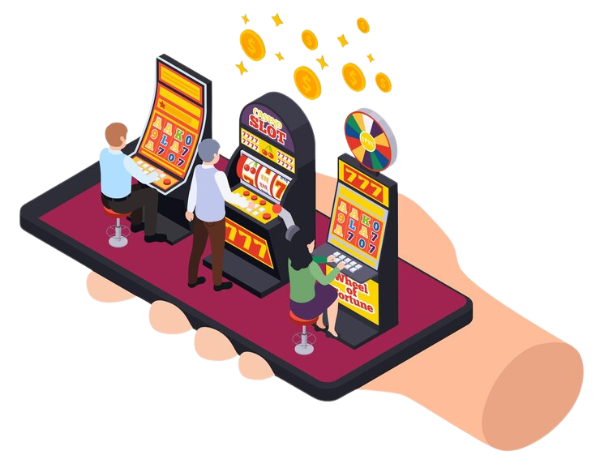Blackjack is a card game found in casinos across the UK. The goal is to try and achieve a hand value closer to 21 than the dealer, without exceeding it. There are different strategies that players use to make decisions, and one of these is doubling down.
Doubling down is an option that allows you to increase your original bet in exchange for receiving just one additional card. This decision carries an element of risk, as there is no way to predict what card will be drawn next. However, some situations statistically offer a better chance of success than others.
The following guide will explain how doubling down works, when it may be used, and when it may not be the best choice. The information provided applies to standard blackjack games commonly played in UK casinos and online platforms. However, different versions of the game may have unique rules, so it can be helpful to check before playing.
What Does Double Down Mean In Blackjack?
Doubling down means placing an additional bet equal to your original stake after receiving your first two cards. In return, you receive only one more card, and your turn ends.
For example, if you start with a hand of 6 and 5, making a total of 11, you may choose to double down by placing an extra bet. The dealer will then give you one more card, which could be anything from an Ace, to a low-value card. Once this card is added, no further actions can be taken on that hand.
Different blackjack games may have specific restrictions on when doubling down is allowed. In many UK casinos, doubling down is commonly permitted when the total of your first two cards is 9, 10, or 11. Some tables may allow it on any starting hand, while others may limit it to specific scenarios. Checking the game rules can help you understand when this option may be available.
When To Double Down In Blackjack?
Mathematical probabilities play a role in blackjack strategy. While the game is based on chance, statistical analysis suggests that doubling down may be more beneficial in certain situations.
Some common scenarios where doubling down is often considered include:
- When your total is 11: A starting hand of 11 gives a reasonable chance of reaching 21 with one additional card. There are four 10-value cards in every 13-card suit, meaning that around 30.8% of the remaining deck consists of these cards. This makes 11 one of the stronger hands to double down on.
- When you have a total of 10 and the dealer’s upcard is between 2 and 9: A hand of 10 could become 20 with one more card, and if the dealer has a lower-value card, their chances of getting a strong hand may be reduced.
- When you have a total of 9 and the dealer’s upcard is between 3 and 6: A total of 9 may improve with one more card, and if the dealer has a low-value card, they may be in a weaker position.
Not all blackjack games follow the same rules, so some tables may allow doubling down on other hands. Checking the specific rules of the table before playing can help you understand your options.
Discover The Best Online Casinos
Browse our list of top-recommended casino sites, read reviews from real players & be the first to get access to the latest casino bonuses
When Should You Not Double Down In Blackjack?
While doubling down may increase potential winnings, it also increases potential losses. There are situations where it may not be the best option.
Some common scenarios where doubling down is less favourable include:
- When your hand total is higher than 11: The risk of going over 21 increases, leading to an automatic loss. For example, doubling down on a 12 or higher means that drawing a 10 would cause you to go bust.
- When you have a soft hand: A soft hand includes an Ace valued as 11. Since an Ace can also be counted as 1, soft hands offer more flexibility. Doubling down means you will only receive one more card, removing the ability to adjust your strategy based on what you draw.
- When the dealer has a strong card (10, face card, or Ace): If the dealer’s upcard is a high-value card, they may have a better chance of reaching a strong total. Doubling down in this situation increases the risk of losing a larger bet.
- When your total is lower than 9: A low starting total may not improve significantly with just one additional card. This makes doubling down less beneficial.
How Do You Signal a Double Down In Blackjack?
In a physical casino, doubling down requires a clear action, so the dealer understands your decision. The common method is to place an additional bet equal to your original wager beside your first bet on the table. Some casinos may also accept a hand signal, such as pointing to your cards, or holding up two fingers.
When playing online, the process is simpler. If the option to double down is available, a button will appear on the screen. Clicking this button places the additional bet, and the dealer will then draw one more card for you.
Different casinos may have slight variations in how they handle betting signals, so it can be helpful to observe or ask about the rules before starting.
Double Down Blackjack Payout
If you double down and win, the payout is based on your increased bet.
For example, if you originally bet £10 and decide to double down, your total stake becomes £20. If you win the hand, the payout will be calculated based on this higher amount. In most standard blackjack games, winning a regular hand pays even money (1:1), meaning you would receive £20 in winnings, plus your original £20 stake back.
Different versions of blackjack may have unique rules regarding payouts. Some games may allow doubling down in more situations, but adjust the payout structure. Checking the game’s paytable can provide details on how any potential winnings are calculated.
Double Down Blackjack FAQs
Can You Double Down on a Split?
Some blackjack games allow doubling down after splitting a pair, while others do not. If allowed, this means that after splitting a pair into two separate hands, you can place an additional bet on one, or both hands and receive only one more card. Checking the table rules before playing can clarify whether this option is available.
Can You Double Down After Hitting?
No, doubling down is only available as the first action after receiving your initial two cards. Once you choose to hit (take an extra card), the option to double down is no longer available.
Should You Always Double Down on an 11?
A total of 11 is often considered one of the better hands for doubling down. However, outcomes depend on the next card drawn and the dealer’s position. There is no way to guarantee the result.
Do You Have To Take Another Card If You Double Down?
Yes, doubling down means you must take exactly one more card. Once that card is drawn, your turn is over, and no further actions can be taken on that hand.
Different blackjack games have their own house rules, so checking them before placing a bet can help you understand the available options and restrictions.





